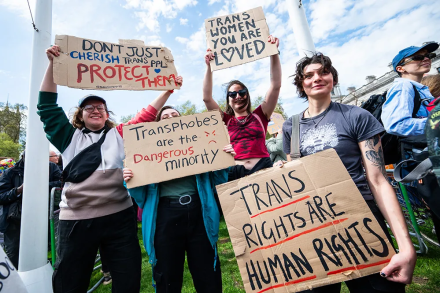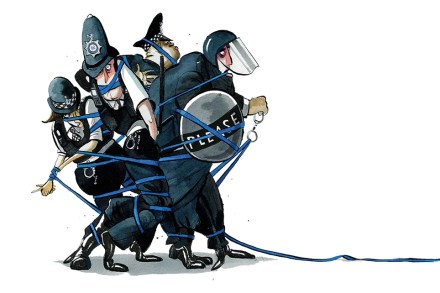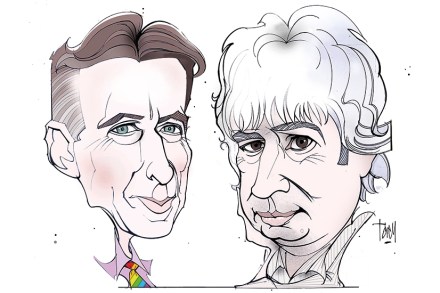The next front in the gender wars
April’s Supreme Court judgment ought to have been the final nail in the coffin for transgender ideology. The belief that you can pick your gender, like you would a hat in the morning, seemed to have ended. The highest court unanimously confirmed that for the purposes of the Equality Act, sex is biological – immutable, material and not up for ideological reinterpretation. Yet if the past decade has taught us anything, it is that the gender industry doesn’t give up; it adapts. Numerous organisations, many taxpayer-funded, now exist for the sole purpose of pushing back against any resistance to trans orthodoxy. Defeat is merely a fundraising opportunity. The semantic contortions




















